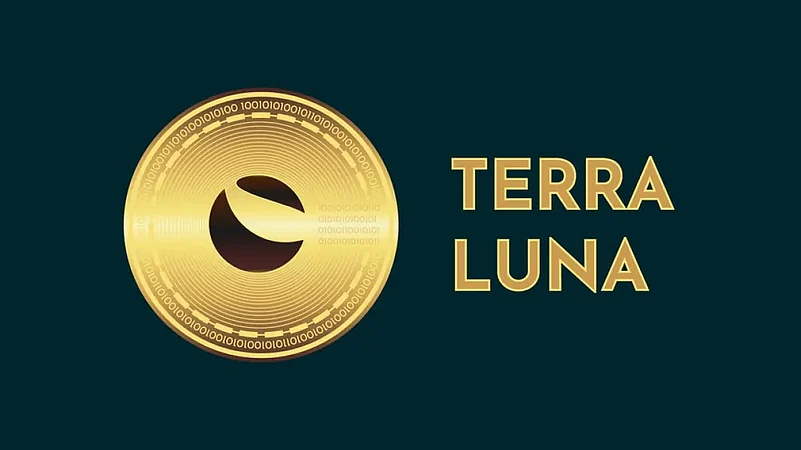Terra Classic (LUNC) was the top loser among cryptocurrencies this morning, and according to data from CoinMarketcap, it lost about 16 per cent of its value in the last 24 hours. On the other hand, the Terra (LUNA) crypto rose by 202.96 per cent in the last 24 hours.
Although both the events are not related in any way, but the stance of several crypto exchanges on the newly-approved Terra Classic tax burn proposal could be probably influencing the price of both the Terra cryptos.
The Tax Burn Proposal
According to the official Terra.Money blog post, the two proposals, number 3568 and 4159 related to the tax burn, has been approved. These proposals essentially state that taxes would be charged for on-chain activities, and then the tokens would be burned.
On-chain activities could include, among others, sending some tokens from your wallet to another, or using smart contracts to interact with the Blockchain, and other such related activities.
In decentralised exchanges, such as Uniswap, Pancakeswap, and Curve, users trade on-chain. Hence, the tax proposals will apply while trading in Terra Classic.
Terra developers have clearly outlined that off-chain activities, such as trading on centralised crypto exchanges, such as Binance, Coinbase and Bitay, are not subject to tax, with some exceptions in regard to activities, such as moving of tokens from a hot to a cold wallet, and others. This is because these kinds of activities involve on-chain, and hence, will be taxed.
“This parameter change cannot enforce taxes on off-chain activity (like trading on CEXs); however, depending on the mechanisms that these trading exchanges use, such as moving from hot to cold wallets, that activity can and will be taxed and burned,” read the Terra.Money blog.
Stance Of Crypto Exchanges
Binance announced two days ago that they will apply the tax on deposits and withdrawals, but spot and margin trading for LUNC and USTC, and Binance Earn services using these tokens will not be charged this tax.
Crypto exchange KuCoin also said that they will support tax burns, but in deposit and withdrawals, since those are happening on-chain, and not on trade transactions.
What Will This New Tax Burn Proposal Do For Terra?
Terra developers have explained in the same blogpost about both the benefits and risks of the newly-approved tax burn proposals.
Benefits: The developers are hoping that the proof of community-driven governance will be realised on-chain by implementing this new proposal. Developers feel that this event will attract new retail investors in their ecosystem.
Centralised exchanges were not ready to consider a crypto burn off-chain transaction until the burn was enacted on-chain. So, now, since the burn will be enacted on-chain, centralised exchanges will consider it.
Risks: Developers feel that this taxing event, and then subsequently burning the token are potentially damaging to long-term economic activity and utility on-chain. Some existing decentralised applications which will not support this tax burn proposal will be not supported. Hence, consumers using them will now not be able to use them.
Developers feel that this new taxation could push the remaining liquidity off-chain to crypto exchanges that do not tax potential deterrent in attracting new venture capitalists and/or venture fund investors.













